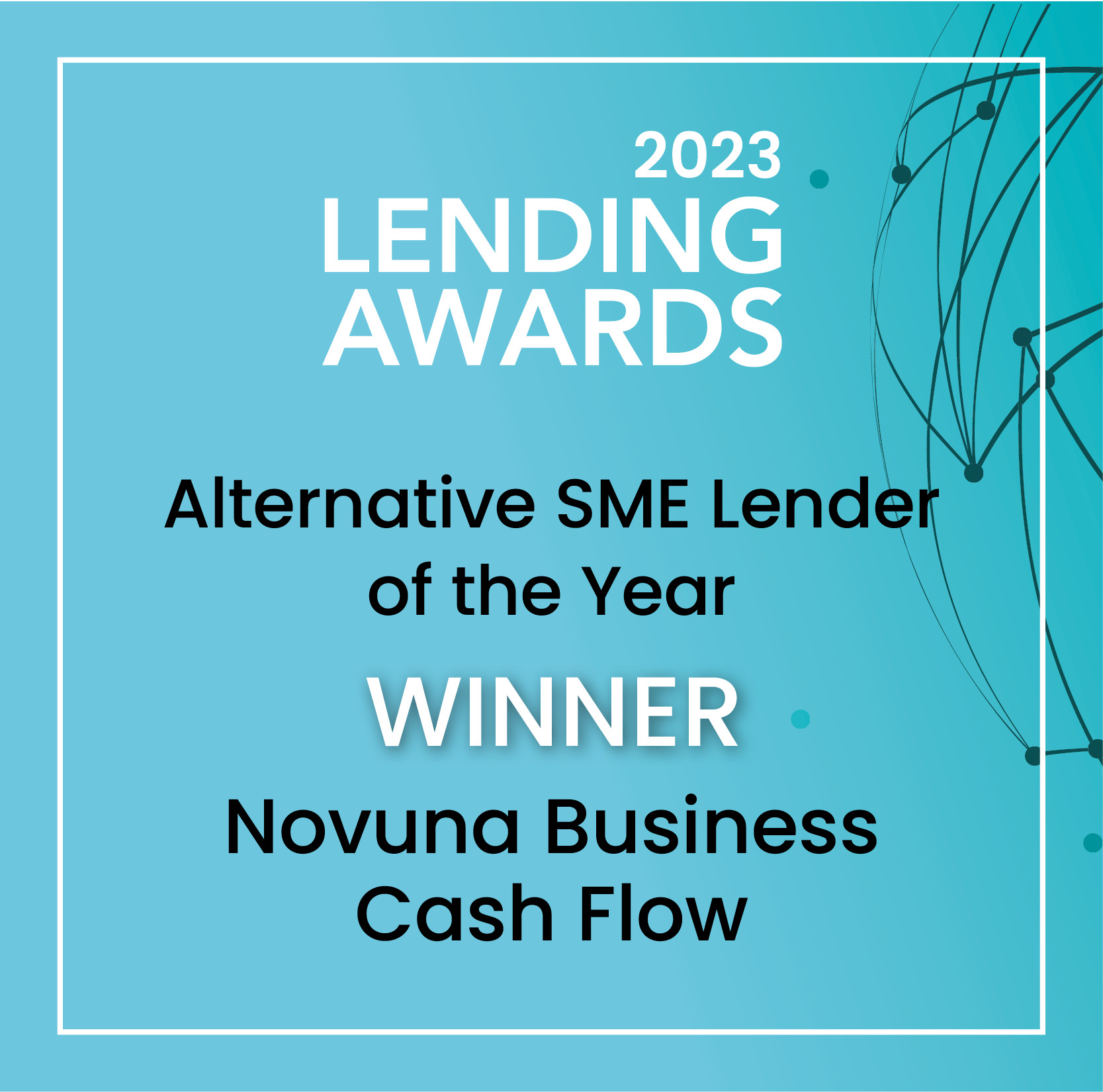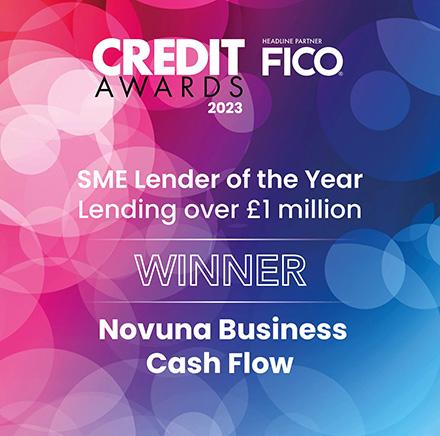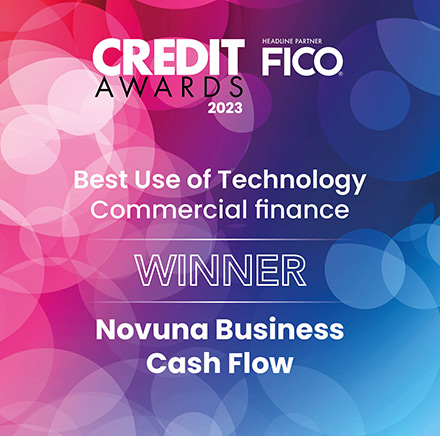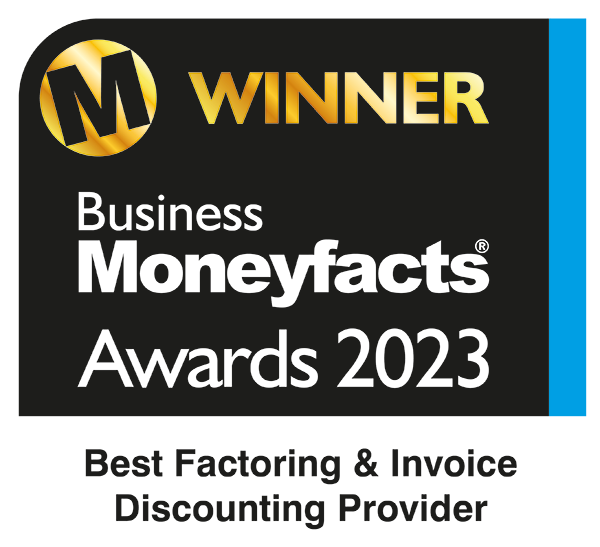Accounts receivable factoring
Understanding accounts receivable factoring, how it works and whether it's the right finance solution for your business
Where SMEs sell their outstanding invoices to a third party at a reduced rate, securing an immediate boost in cash flow.
Do you need accounts receivable factoring to help improve your cash flow?
We'll compare factoring products to get you the best deal, or you can call us on the number below to have a chat with one of our factoring experts.
On this page
Pages in this SectionWhat is accounts receivable factoring?
Accounts receivable factoring is a financial transaction where a company sells it receivables (invoices) to a factor, who collects the payments directly from the business’ customers. Most businesses choose this option if they want to receive their cash up front instead of waiting the duration of the agreed invoice payment terms.
How does accounts receivable factoring work?
Once a business has sold its invoices to a factoring company, they will be charged a factoring fee, which is commonly a percentage of the amount of receivables being factored. This amount can depend on a number of things, including the industry your business operates in, amount of receivables being factored, quality of your customers and the average number of days outstanding in receivables.
Accounts receivable factoring provides businesses with an option to finance their venture without taking out a loan.
Other types of factoring
What are the advantages and disadvantages of accounts receivable factoring?
Advantages of accounts receivable factoring:
- This is a very simple form of commercial finance, and the main requirement is usually a client base with good credit.
- Your own credit history is not usually considered, so if you have adverse history or have not been operating for a large period of time, you can piggyback on the good credit history of your clients.
- Once your invoice has been sold, the factor will be the ones that chase the payment, meaning you no longer have to worry about playing the role of collector, and once the invoice has been paid, the money will be returned to the company they bought the invoice from, minus their fee.
Disadvantages of accounts receivable factoring:
- You have to pay a fee to use this service, factors often buy invoices at discounted prices, meaning you’ll receive less money than if you processed your own invoices.
Why consider accounts receivable factoring?
There are many reasons why a business may factor an invoice, including increasing cash flow and mitigating credit risk.
Factoring is a financial transaction where a company sells it receivables (invoices) to a factor, who collects the payments directly from the business’ customers. Most businesses choose this option if they want to receive their cash up front instead of waiting the duration of the agreed invoice payment terms.
Once a business has sold its invoices to a factoring company, they will be charged a factoring fee, which is commonly a percentage of the amount of receivables being factored. This amount can depend on a number of things, including the industry your business operates in, amount of receivables being factored, quality of your customers and the average number of days outstanding in receivables.

What is the cost of factoring receivables?
As the factoring company takes a risk when taking on account receivables it charges a fee. The fee will vary depending on the provider and these fees are often negotiable.
The costs will depend on the services required and these can be broken down into the following:
Why choose Novuna as your accounts receivable factoring company?
6 month trial period
![]()
A 6 month trial period so you can be sure the product is right for you, followed by a 6 month rolling contract – we don’t tie our clients in for long periods.
Digital onboarding
![]()
We are the first in the market to offer a digital onboarding process and have been leading the way with our digital capabilities allowing clients to sign up within 24 hours from the first appointment.
Client trust account
![]()
Once you become a client you will be given your own trust account, meaning you will get same day availability on your funds. You can also view all of your invoices and payments online at a time suitable to you, 24/7.
No uncleared effects
![]()
We have heavily invested in our digital capabilities. This includes the auto allocation of payments using Artificial Intelligence. Ultimately this advance in technology means that our clients access money quicker as well as saving money on interest charges due to auto allocation.
Simple pricing
![]()
We aim to make the process of Cash Flow finance as simple and straightforward as possible. Our pricing is very straightforward to understand. For a no obligation quote or an informal chat you can call our friendly team today on 0808 250 0859.
Award winning service
![]()
We offer award-winning client services and individual Relationship Managers who are on the other end of the phone or out in the field to visit you in person.
We are an award winning factoring provider
Our factoring service is highly recommended by our customers


"The communication and support has been outstanding. Providing me with all the information I needed regarding new clients coming onto our books. The system they use is so user friendly and the drawdown payments are very efficient in the fast moving world of temporary payroll."
Read full reviewAccounts receivable factoring has been revolutionised with our digital onboarding process

Get in touch
Contact our friendly UK advisors on our freephone
0808 250 0859
8:45 - 17:15 - Monday to Thursday &
8:45 - 16:45 - Friday
Accounts receivable factoring FAQs
Want to learn more about how you can boost your businesses cash flow?
Our Cash Flow Resource Hub has been set up to help SME's with cash flow finance advice, tips and resources to help with their cash flow position.
We explore ways you can begin improving your cash flow situation and start getting your business on track to positive cash flow.








